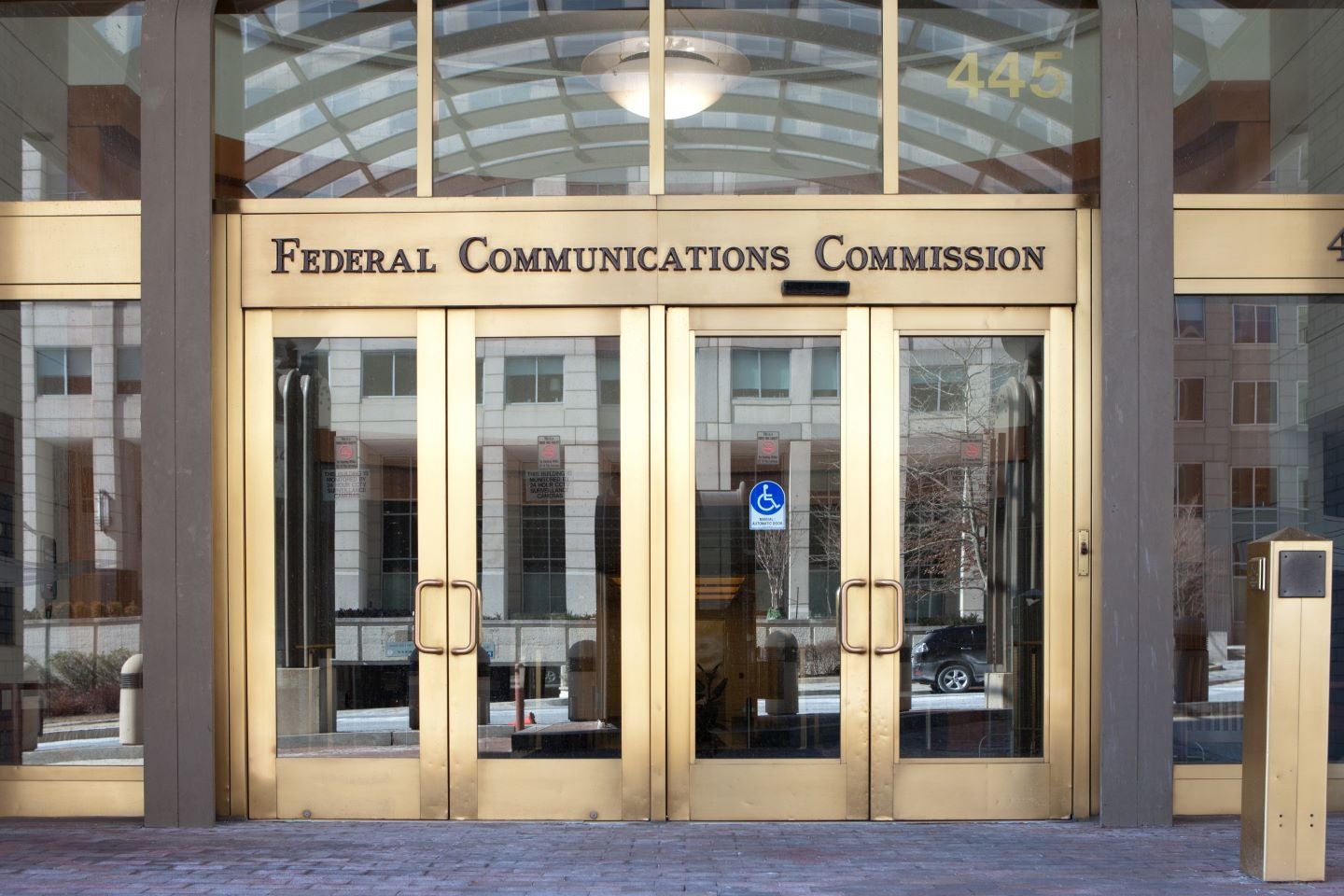The US Federal Communication Commission (FCC)’s move to reinstate net neutrality rules is no surprise; doing so was a 2020 campaign promise from President Biden. Moreover, reinstating net neutrality has been a talking point among Democrats since the Obama-era rules were repealed under the Trump administration in 2017. Still, FCC Chairwoman Jessica Rosenworcel didn’t waste much time waiting to drop the other shoe.
Chairwoman Rosenworcel announced her intentions regarding the potential reclassification of broadband providers under the more stringent Title II ‘common carrier’ designation of the Communications Act in late September 2023 – the day after Anna Gomez was sworn in as the FCC’s fifth commissioner, giving the Biden administration a 3-2 Democratic majority on the commission. Then, as promised, the commission pushed forward just a few weeks later, voting along party lines to issue a notice of proposed rulemaking vis-à-vis reinstating net neutrality, kicking off a months-long period for public commentary sure to be rife with overheated boiler-plate rhetoric and hand-wringing from the hardliners on both sides.
Manning familiar battle stations
Proponents and critics alike – including all the usual suspects among the various trade and advocacy groups – have been quick to run to the nearest platform to amplify their messaging, with the initial result mostly comprising a lot of shouting past one another as the groups largely focused on different issues. It all serves as a preview of the “messy” debate Chairwoman Rosenworcel forecast in her initial remarks unveiling the proposal.
“Messy” will prove an understatement, of course. Hyperbole will run rampant, and the lawsuits will pile up on themselves. Toss in extant legislative and regulatory issues like the FCC’s lapsed spectrum auction authority and the fact the US Government is the definition of bureaucratic dysfunction… and the road ahead looks rocky and litigious.
It’s less about throttling and more about, well, everything else
At a baseline, reinstating the net neutrality rules would once again formally ban broadband providers from blocking access or throttling speeds to certain websites or from providing privileged access to those paying extra for the ‘fast lane’ treatment. However, while the FCC no doubt remains concerned about ensuring there are no backroom hijinks with the pipes, that’s really just one consideration here. The prime directive isn’t about any one rule in particular, but rather the reclassification itself.
The agency seeks to establish utility-like authority over broadband as a communication service – akin to what it has for voice service. Broadband’s current status as an information service frees the space from heightened government scrutiny. And since exactly no industry has ever welcomed increased regulatory attention, hackles are up in the telecom space.
How well do you really know your competitors?
Access the most comprehensive Company Profiles on the market, powered by GlobalData. Save hours of research. Gain competitive edge.

Thank you!
Your download email will arrive shortly
Not ready to buy yet? Download a free sample
We are confident about the unique quality of our Company Profiles. However, we want you to make the most beneficial decision for your business, so we offer a free sample that you can download by submitting the below form
By GlobalDataThis is no doubt one reason the FCC is attempting to get in front of any claims that the agency is angling for rate regulation or that the new rules may stifle network investment, proposing to waive 26 provisions and hundreds of FCC rules that would be “unnecessarily burdensome” for broadband operators or that could threaten network investments. The FCC’s fact sheet on the proposal also notes that rate regulation and network unbundling would be “strictly prohibited.”
Those other fish still need frying
Admittedly, there’s no optimal time to introduce rulemaking that’s going to send all and sundry running to the battlements. That said, the FCC lies at the centre of an unresolved debate which already has two massive lobbying forces squaring off, with the ongoing shared vs. exclusive access brouhaha surrounding the future of US mid-band spectrum assets pitting telco interests against the military-industrial complex. The push-and-pull on that front is likely why the FCC’s spectrum auction authority remains in limbo. While one could argue that there’s zero reason to conflate the two issues, it also doesn’t take much imagination to foresee a scenario where reinstating the agency’s spectrum authority becomes perceived as a bargaining chip in the net neutrality debate shenanigans to come. Looming over all of this is the US government’s general inability to function. In measures governing the country’s communications and information services, when reasoned debate and thought-out legislation born of discussion and comprise should really be the order of the day, such a process is basically speculative fiction.








